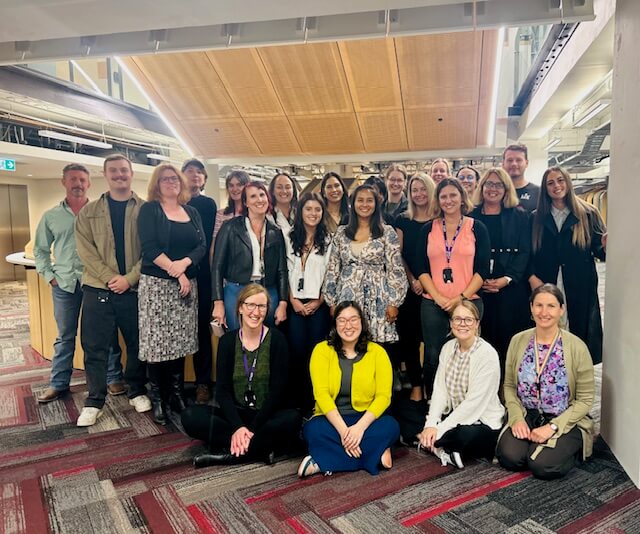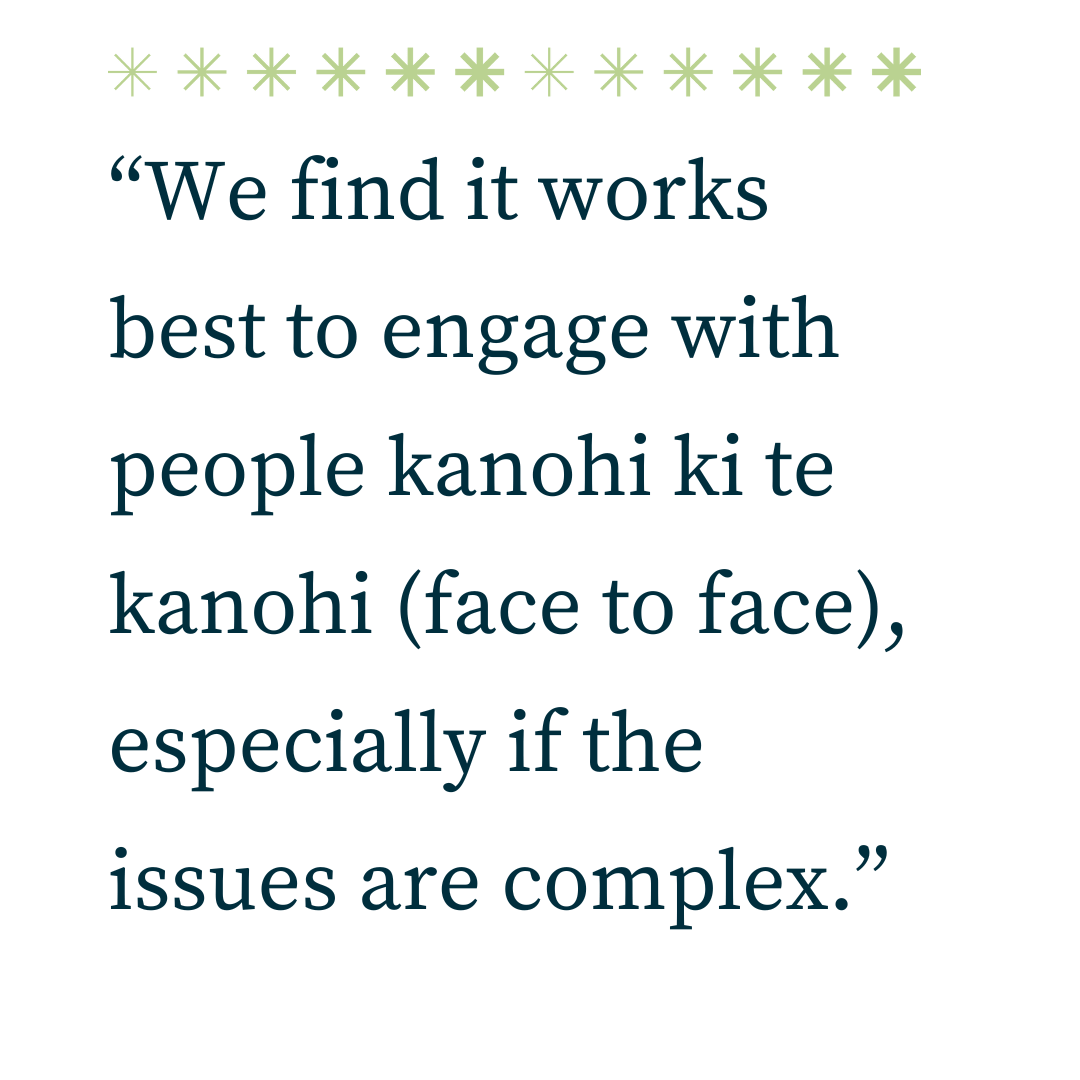The Ministry for the Environment's legal team tackles Aotearoa’s complex environmental and regulatory challenges, from climate and waste to resource management and emergency response. Spread across the motu, they stay ahead of risks, work seamlessly across teams, and help shape policy with sharp legal insight. We caught up with their General Manager Legal and Risk and Chief Legal Advisor, Phirak Appleton, to chat about how they make it all work.

Can you tell us about Ministry for the Environment’s legal team and how your team contributes to the Ministry’s goals?
We are a diverse team based around the motu working on a wide range of interesting, complex and topical legal issues. This includes climate, waste, resource management, emergency management, commercial and international law matters.
As Aotearoa New Zealand’s lead advisor on the environment and climate, we enable people and places to thrive, now and in the future. We have an ambitious work programme driven by the Government and our job is to support sound advice and delivery of this work programme. By aligning our resourcing and efforts to the top priority policy projects, we can ensure legal advice is obtained early to avoid issues cropping up later.
What’s something your team focuses on every day to help things run smoothly?
Building strong relationships with our business colleagues. Our team members are active business partners with an amazing, vast knowledge of law, and valuable insights into risks and issues that the Ministry may face. Identifying emerging risks and issues is part of the advice we provide through our regular engagement with colleagues across the Ministry. Our team’s approach is to share information and raise awareness of issues to support each other effectively and help smooth out problems before they arise.
How does your team collaborate with other departments or stakeholders?
A lot of our legal work involves direct collaboration with other legal teams on policy projects which affect our legislation and regulation, but deliver on policy being driven by others. Common areas of overlap include forestry, aquaculture, biodiversity, infrastructure, and housing. We find that setting up an approach based on the needs of the project is the best way to work effectively with our inter-departmental colleagues. In some cases, we share the legal support work equally between us and in others we divide it within our teams to get the work done. It is common for us to share costs of litigation or Crown Law advice where the matter has a common point of interest beyond our office.

Our policy colleagues predominantly deal with external engagement, though at times we are involved. An example is in regulatory or legislative drafting or the process of seeking feedback on exposure drafts. We find it works best to engage with people kanohi ki te kanohi (face to face), especially if the issues are complex.
What’s something that helps your team work well together, even when you’re not all in the same location?
We are fortunate to have the ability to work in different locations. Not only does this mean individual flexibility, it also means we are able to have team members with the right skills and experience, irrespective of location.
We use a variety of ways to keep connected. We have virtual check ins, online training sessions, quizzes, conventional meetings, and we meet socially at our different office locations. Our senior team members play a key role in maintaining connections and sharing information across our work portfolios. This is through coaching, mentoring or acting as a buddy. Recently we started coming together as a group once a year to have that precious kanohi ki te kanohi time.
What’s one achievement your team is particularly proud of?
Our team has proven that, although we’re not a large team, we certainly deliver a mighty punch. We have delivered significant, complicated pieces of legislation under tight timeframes – the recent Fast Track Approvals Act 2024 is one example of this. We have come a long way in the last decade from a team working irregularly on legislative reform to one that can take a leading role to support the legislative reform programme.
What’s one tip you’d share with other legal teams, especially in the public sector?
Change is always an element of public sector work; changing governments, leaders, team members, colleagues and, of course, the nature of our legal work. To successfully navigate this change, and the pressures that come with it, team members need to feel committed, engaged and supportive of each other. Ensuring these elements are at the heart of a team will go a long way to confidently deliver through change and ambitious work programmes.
Ngā mihi to the Ministry for the Environment team for sharing their insights with the community.
If you know a team or individual with experiences to share, from any sector or area of in-house legal practice, we’d love to hear from you. We’re always keen to showcase the experience and expertise within Aotearoa's in-house legal community.